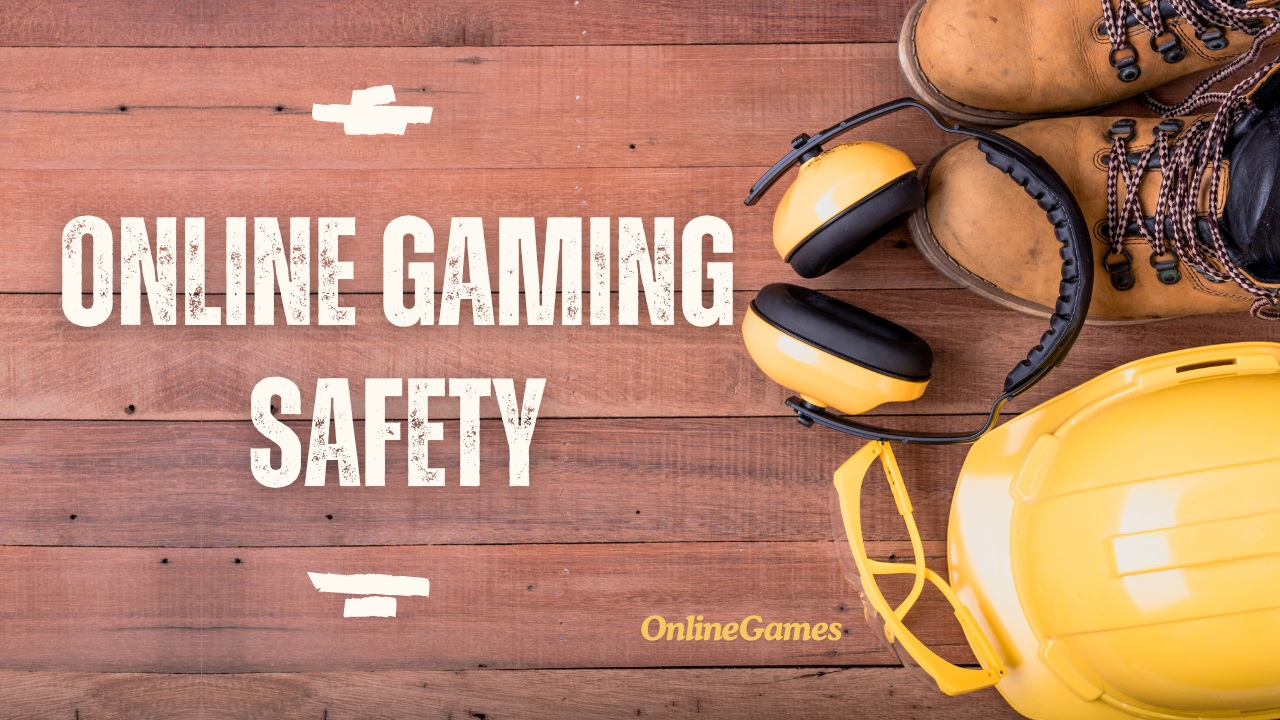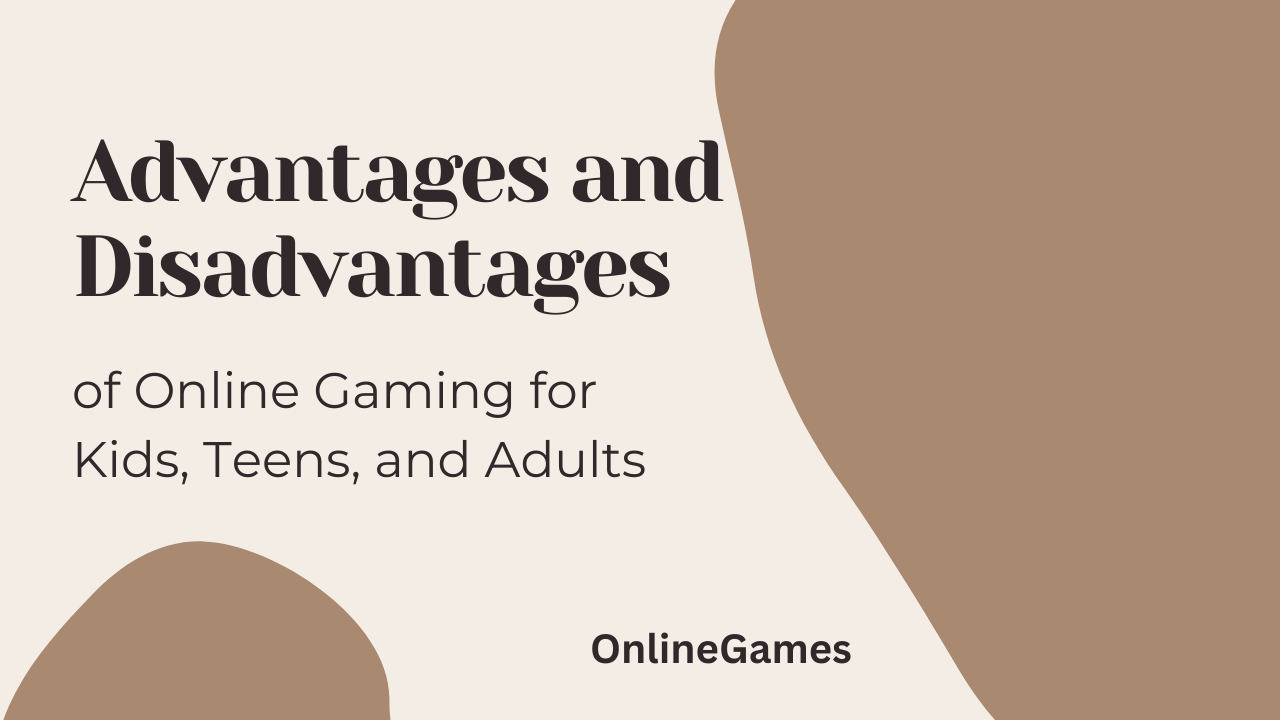The digital era has ushered in an unprecedented surge in online gaming, transforming it into a global phenomenon. However, as the popularity of online gaming escalates, so do the associated risks and threats. Ensuring online gaming safety has become paramount for players of all ages. This comprehensive guide delves into the multifaceted aspects of online gaming safety, providing essential insights and actionable tips to help gamers navigate the virtual world securely.
Understanding the Risks in Online Gaming
1. Personal Information Theft
In the digital landscape, personal information is a prized asset for cybercriminals. Online gaming platforms often require users to create accounts, which may involve sharing personal details such as names, email addresses, and payment information. This data, if inadequately protected, can be a goldmine for identity thieves.
To mitigate this risk, gamers should:
- Use strong, unique passwords for each gaming account.
- Enable two-factor authentication (2FA) whenever possible.
- Avoid sharing personal information on public gaming forums.
2. Cyberbullying and Harassment
Cyberbullying is a pervasive issue in the online gaming community. Players may face harassment through in-game chat features or external platforms like social media. This can lead to significant psychological stress and, in severe cases, push victims away from gaming altogether.
To protect oneself:
- Utilize in-game reporting and blocking features to handle bullies.
- Adjust privacy settings to limit interactions with unknown players.
- Seek support from friends, family, or professionals if cyberbullying occurs.
3. Malware and Phishing Attacks
Malware and phishing are insidious threats in the gaming world. Cybercriminals may disguise malware as legitimate game downloads or updates. Phishing attacks often involve deceitful emails or messages that lure gamers into revealing sensitive information.
Protection strategies include:
- Downloading games only from trusted sources.
- Being wary of unsolicited emails or messages asking for personal information.
- Installing and regularly updating reliable antivirus software.
4. In-Game Purchases and Scams
The advent of microtransactions and in-game purchases has made gaming more interactive, but it also opens the door to various scams. Fraudsters may offer discounted game credits or rare items, only to deliver counterfeit goods or nothing at all.
To stay safe:
- Purchase in-game items only through official game stores.
- Be cautious of deals that seem too good to be true.
- Monitor your bank statements for any unauthorized transactions.
Best Practices for Online Gaming Safety
1. Educate Yourself and Others
Knowledge is a powerful tool in combating online threats. Understanding the types of risks and how they manifest in gaming environments is the first step toward protection.
- Stay informed about the latest security trends in gaming.
- Educate children and young gamers about the potential dangers and safe practices.
- Participate in community discussions to share and gain insights on gaming safety.
2. Secure Your Gaming Environment
A secure gaming environment is critical for safe online gaming experiences. This includes both physical and digital measures to protect your data and devices.
- Keep your gaming software and devices updated with the latest security patches.
- Use a secure Wi-Fi connection, preferably with WPA3 encryption.
- Avoid using public Wi-Fi for online gaming, as it can be more susceptible to attacks.
3. Be Mindful of Online Interactions
Interactions with other players are a core component of online gaming, but they also present risks. It’s essential to engage with others cautiously and protect your boundaries.
- Never share personal details or passwords with other players.
- Be wary of unsolicited friend requests or messages from strangers.
- Report any suspicious or inappropriate behaviour to game moderators.
4. Parental Controls and Monitoring
For younger gamers, parental guidance is crucial. Parents can implement various controls and monitoring tools to ensure a safe gaming experience for their children.
- Use parental control settings to restrict access to age-appropriate games and content.
- Monitor game time and set limits to prevent excessive play.
- Discuss the importance of online safety and responsible gaming behaviour with your children.
Emerging Trends in Online Gaming Safety
1. Enhanced Data Protection Regulations
Governments worldwide are recognizing the need for stricter data protection laws to safeguard gamers’ personal information. Regulations such as the General Data Protection Regulation (GDPR) in Europe are setting new standards for data privacy in online gaming.
- Understand the data protection policies of the gaming platforms you use.
- Exercise your rights to control and access your data.
2. Advanced Cybersecurity Technologies
The rise of online threats has spurred advancements in cybersecurity technologies. Tools like artificial intelligence (AI) and machine learning are being employed to detect and neutralize threats in real time.
- Opt for gaming platforms that utilize advanced cybersecurity measures.
- Stay updated on the latest developments in gaming security technologies.
3. Collaborative Efforts for Safer Gaming
Industry stakeholders, including game developers, cybersecurity firms, and governments, are collaborating to create safer gaming environments. These partnerships aim to establish unified security standards and best practices.
- Support gaming platforms that prioritize user safety and engage in these collaborative efforts.
- Participate in community-driven safety initiatives and forums.
Staying Safe in the World of Online Gaming
In the dynamic and ever-evolving world of online gaming, safety is a critical concern. By understanding the risks, implementing best practices, and staying informed about emerging trends, gamers can enjoy their favourite pastimes while minimizing potential threats. Ensuring online gaming safety requires a proactive approach, a commitment to continuous learning, and a shared responsibility among players, developers, and regulatory bodies.










